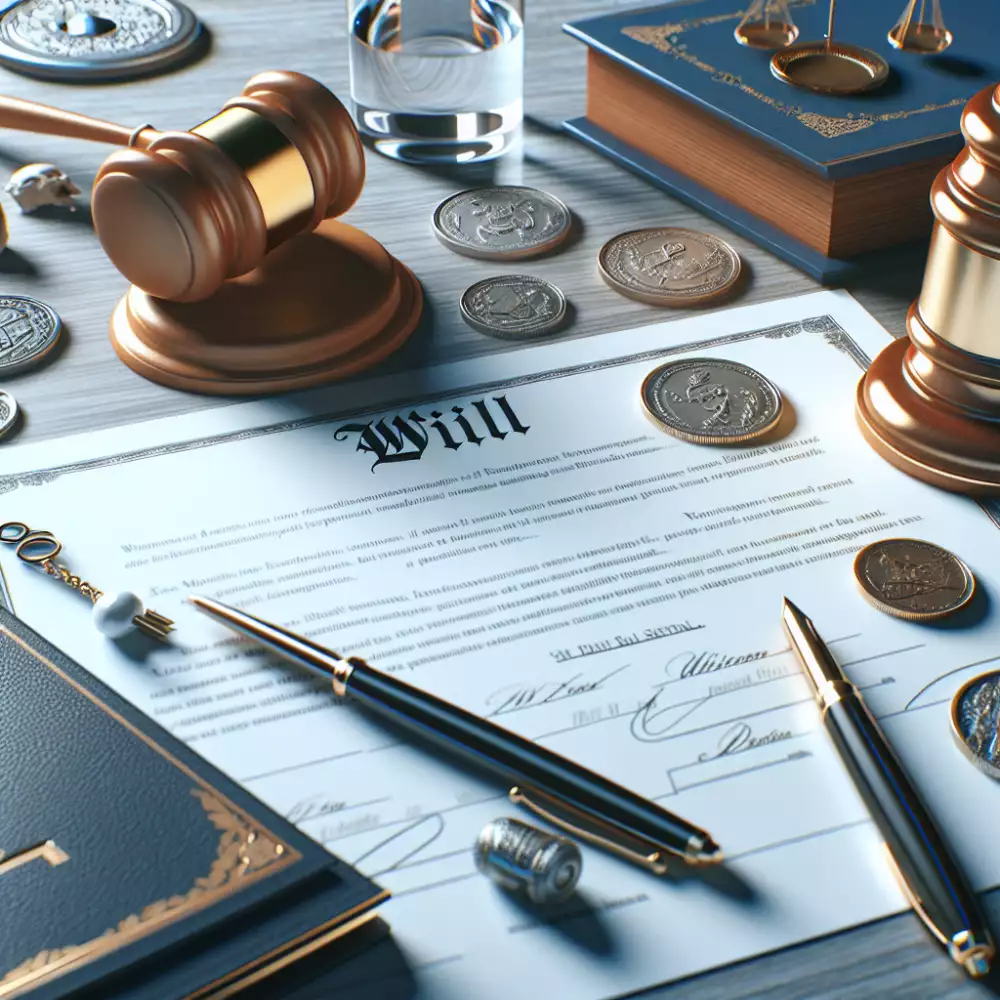
1to 1legal
Add a review FollowOverview
-
Founded Date February 11, 2011
-
Sectors Telecom
-
Posted Jobs 0
-
Viewed 325
Company Description
The legal framework in the United Kingdom is based on a long tradition of precedent-based law, alongside acts of Parliament passed by the UK Parliament.
 Northern Ireland also has a separate legal system that closely resembles that of England and Wales but includes its own legal institutions. The Northern Ireland courts deal with both civil and criminal matters, and the UK Supreme Court remains the final court of appeal.
Northern Ireland also has a separate legal system that closely resembles that of England and Wales but includes its own legal institutions. The Northern Ireland courts deal with both civil and criminal matters, and the UK Supreme Court remains the final court of appeal.
 Another high-profile case is that of the Guildford Four, similarly accused and convicted based on flawed evidence and coerced confessions. These individuals were later proven innocent, and their cases helped fuel calls for reform in the justice system.
Another high-profile case is that of the Guildford Four, similarly accused and convicted based on flawed evidence and coerced confessions. These individuals were later proven innocent, and their cases helped fuel calls for reform in the justice system.
In some cases, legal aid may also provide funding for expert witnesses or investigators, which can be vital in building a strong case. For example, in medical negligence or complex financial disputes, expert testimony is often necessary to support the claims being made. Without legal aid, these vital resources would be out of reach for many individuals, potentially leading to unjust outcomes.
In addition to trial proceedings, is the enforcement of court orders. If you loved this article so you would like to receive more info about 1to1Legal Directory please visit our web site. Once a judgment is made, it is up to the winning party to ensure that the judgment is enforced. In civil cases, this may involve collecting damages from the losing party or ensuring that a court order is complied with. In criminal cases, the enforcement of the sentence may involve the probation service, police, or prison system, depending on the nature of the punishment.
Clerks of the court play a pivotal role in the day-to-day running of law courts. They are responsible for administrative tasks, such as managing case files, scheduling hearings, and ensuring that all necessary paperwork is in order. Court clerks also assist judges by preparing case summaries, managing documents presented in court, and ensuring that legal procedures are followed. They may also swear in witnesses and ensure that the court’s records are accurate and up-to-date. Without court clerks, the court system would face significant delays, as they ensure that proceedings are organized and efficient.
Judges and magistrates are perhaps the most well-known members of court staff. They are responsible for presiding over cases, making rulings, and ensuring that trials are conducted fairly. Judges in higher courts, such as the High Court or Crown Court, handle more complex and serious cases, while magistrates deal with lower-level criminal cases, civil matters, and preliminary hearings. Judges are tasked with interpreting the law, applying legal principles, and delivering judgments based on evidence presented in court. They also play a significant role in sentencing offenders, ensuring that punishments are appropriate and proportionate to the offense committed.
In civil cases, legal aid is also available for those who cannot afford legal representation. This could include cases related to housing disputes, employment issues, debt recovery, or family matters. Family law, in particular, can be very complicated, and legal aid plays a vital role in ensuring that vulnerable individuals, including children, victims of domestic violence, and those going through divorces or custody battles, have access to proper legal support.
As a result, many people are now forced to represent themselves in court, a situation known as “litigants in person.” This has raised concerns about the fairness of the legal system, as individuals without legal expertise may struggle to navigate complex legal processes and present their case effectively. The issue is especially prevalent in family law cases, where emotional and personal stakes are high.
Furthermore, officials are trained to assist individuals in understanding the procedural aspects of the legal system. For example, they may explain the steps involved in filing a claim, how to obtain copies of court documents, and how to prepare for hearings. Although court staff cannot provide legal advice, they can offer practical help and ensure that individuals do not feel overwhelmed by the legal process. This support is especially important for individuals representing themselves in court, a situation known as “litigants in person.”
In the jurisdiction of England and Wales, the hierarchy of courts consists of multiple tiers. At the lowest level are the Magistrates’ Courts and County Courts. Magistrates’ Courts deal with minor criminal offences, while County Courts handle disputes involving private individuals or organisations such as personal injury claims.
These courts are not just places where legal disputes are resolved; they also provide essential support and assistance to individuals navigating the legal system. From offering guidance to those who cannot afford legal representation to ensuring that vulnerable individuals are protected, UK law courts are an important part of the justice system. This article will explore the various ways in which law courts in the UK help the public, including legal aid, court assistance services, and more.
Court managers. They ensure that resources are properly allocated, staffing needs are met, and that the court’s facilities are in good working order. Court administrators also liaise with other court personnel, including judges, clerks, and security staff, to ensure that the court runs smoothly and that cases are heard in a timely manner. They also handle budgets and oversee the management of court facilities, ensuring that courtrooms are appropriately equipped and maintained.
